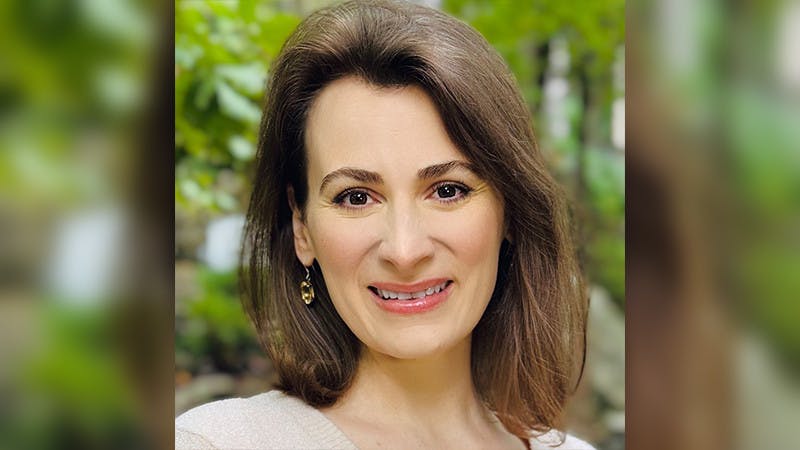The Penn Caucus — a group designed to educate members of the Pennsylvania state legislature about the value of Penn — advocates for University funding on the floor of the general assembly.
Founded roughly a year ago, the caucus serves as an informal, bipartisan group of legislators, both affiliated and unaffiliated with the University. The caucus is co-chaired by two Penn alumni — Republican state Sen. Stewart Greenleaf and Democratic state Rep. Michael Gerber.
Unlike standing committees that work on legislation, caucuses are groups of legislators who voluntarily come together around a singular motivating issue. There are similar caucuses in Harrisburg for issues like the environment and steel production.
The caucus is primarily used to inform other members about the economic contributions Penn makes to the state of Pennsylvania, given that the University is the second largest private employer in the commonwealth and the largest in Philadelphia.
In recent years, Penn has been able to count on support from influential alumni in prominent statewide positions. However, two of them — Gov. Ed Rendell and Sen. Arlen Specter — will be retiring at the end of the year. The caucus grew, in part, out of a concern that a lack of representation could threaten the millions of dollars the University receives from the commonwealth.
While Penn has experienced significant cuts in funding in previous years, the legislature allocated funding to the University for fiscal year 2011 at a percentage roughly similar to the previous year. The School of Veterinary Medicine received a total of $30 million — nearly the same amount it received the year before — while Penn’s physician practice plan in the Department of Public Welfare received nearly $6.6 million.
“The Vet School has great value to the agricultural community,” Gerber explained. “We don’t want to think of [Penn] just as a Philadelphia employer.”
The state also has additional connections to Penn, given the financial support it provides. The Statutes of the Trustees — the document that outlines the charter for the University — allows select representatives in the Pennsylvania General Assembly to appoint four representatives to the Board of Trustees.
In spite of the fact that Pennsylvania’s Office of the Auditor General projected a state deficit of $5 billion in the fiscal year 2011, the bill that contained funding for the University was approved with overwhelming support in both chambers earlier this year.
David Cohen, Chairman of the University’s Board of Trustees, attributed this success to “an increased focus” on outreach. The Penn Caucus, he added, comprised one piece of that outreach.
Noting the value of an established group of legislators that understand the value of Penn, Cohen added, “From the university perspective, we obviously think it’s a great idea.”
“We meet with legislators and provide them with materials to explain what state funding does for the University — particularly for the Veterinary School, Office of Government and Community Affairs,” Vice President Jeffrey Cooper said.
“We hope that they take back that information and communicate it with their colleagues,” he added, explaining that the caucus’ role is primarily educational.
The Daily Pennsylvanian is an independent, student-run newspaper. Please consider making a donation to support the coverage that shapes the University. Your generosity ensures a future of strong journalism at Penn.
DonatePlease note All comments are eligible for publication in The Daily Pennsylvanian.






